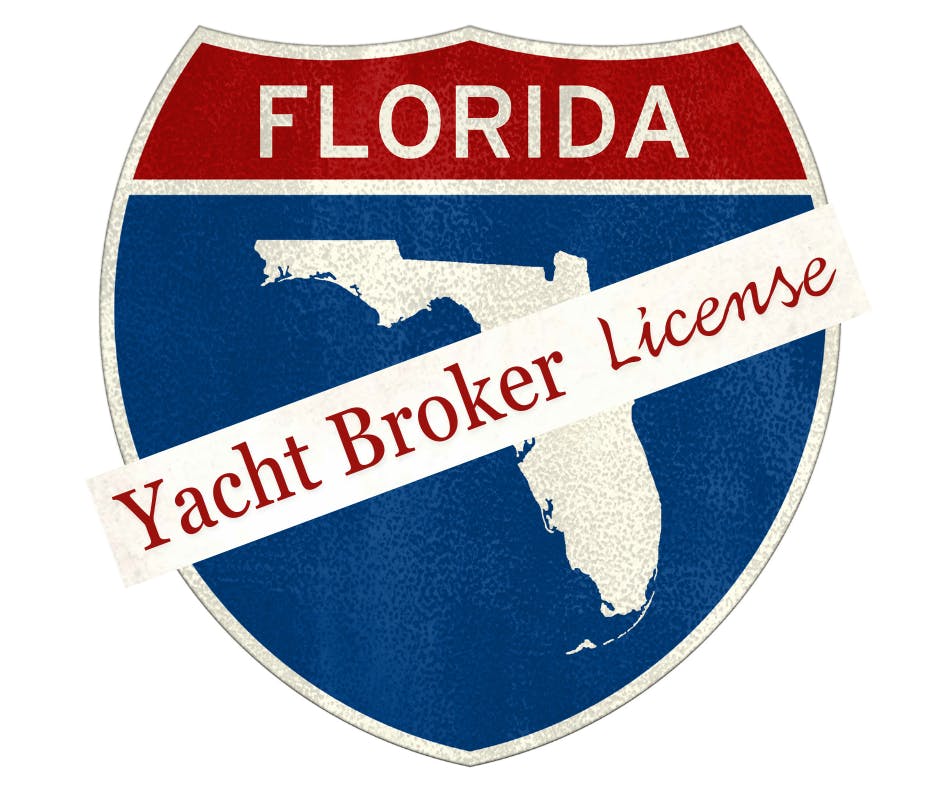A Step-by-Step Guide to Obtaining a Yacht Broker License in South Florida

A Step-by-Step Guide to Obtaining a Yacht Broker License in South Florida
Becoming a yacht broker can be an appealing career choice for individuals who have a genuine passion for boats, the maritime industry, and enjoy working in sales. If you have a passion for boats and dream of turning it into a rewarding career, becoming a licensed yacht broker in South Florida could be the perfect path for you. Known for its vibrant boating culture and abundant opportunities, South Florida offers an ideal environment for yacht brokers. But you might be wondering, what is the step-by-step process of obtaining a yacht broker license in South Florida, so you can set sail on your exciting new career?
Step 1: Meet the Eligibility Requirements
Before setting your sights on becoming a yacht broker, ensure you meet the eligibility requirements set by the Florida Division of Florida Condominiums, Timeshares, and Mobile Homes (DBPR). A high school diploma or equivalent is typically required. Some level of formal education is necessary to meet the minimum qualifications. These typically include being at least 18 years old, possessing a high school diploma or equivalent, and having relevant experience in yacht sales.
Step 2: Complete the Required Education
To become a licensed yacht broker, you’ll need to fulfill the educational requirements. Enroll in an approved yacht broker pre-licensing course offered by accredited institutions or organizations recognized by the DBPR. The number of hours required may vary, so ensure you check the specific requirements. Candidates must successfully complete an approved pre-licensing course offered by accredited institutions or organizations recognized by the DBPR. This course provides essential knowledge and skills related to yacht brokerage.
Step 3: Gather the Necessary Documents
Prepare the required documents to support your yacht broker license application. This usually includes a completed application form, proof of completing the education course, documentation of your experience in yacht sales (such as a resume or reference letters), and any other supporting materials requested by the DBPR.
Step 4: Submit Your Application and Fees
Applicants are typically required to submit necessary documents to support their yacht broker license application. Submit your completed application form along with the required fees. The application fees and licensing fees may vary, so it’s crucial to review the current fee schedule provided by the DBPR to ensure accurate payment.
Step 5: Pass the State Exam
Once your application is approved, you’ll be eligible to take the state exam. The exam tests your knowledge of yacht brokerage laws, regulations, ethics, and related topics. Prepare for the exam by studying relevant materials and resources to increase your chances of success. The yacht broker exam is designed to assess an individual’s knowledge of yacht brokerage laws, regulations, ethics, and related topics.
While specific details may vary by jurisdiction, the exam typically covers the following areas:
-
-
-
- Legal and Regulatory Knowledge: This section evaluates your understanding of federal and state laws and regulations related to yacht brokerage. This may include topics such as maritime law, contract law, and consumer protection laws.
- Ethics and Professional Conduct: This section focuses on ethical standards and professional conduct expected of yacht brokers. It assesses your knowledge of best practices in client representation, confidentiality, and fair dealing.
- Yacht Valuation and Pricing: This part of the exam tests your ability to determine the value of yachts based on factors such as age, condition, market trends, and comparable sales.
- Yacht Types and Specifications: You may be asked to demonstrate knowledge of different types of yachts, their features, and specifications. This includes understanding the differences between sailboats and motor yachts, as well as knowledge of various yacht brands and models.
- Contracts and Documentation: Questions in this section may cover the types of contracts used in yacht transactions, the elements of a valid contract, and the importance of accurate documentation in yacht sales.
- Safety and Environmental Regulations: Knowledge of safety protocols, environmental regulations, and compliance with industry standards may be assessed to ensure brokers promote safe and responsible boating practices.
- Market Analysis and Trends: This section may test your ability to analyze market trends, understand buyer and seller behavior, and adapt to changing market conditions.
- Navigation and Seamanship: While not always a primary focus, some exams may include questions related to basic navigation and seamanship to ensure brokers have a foundational understanding of boating.
-
-
Step 6: Obtain a Sponsorship
Before your license can be issued, you’ll need to obtain sponsorship from a licensed yacht broker or a reputable yacht brokerage firm. Your sponsor will oversee your activities as a yacht broker and ensure compliance with regulations. Obtaining sponsorship from a licensed yacht broker or a reputable yacht brokerage firm is an important step in the process of becoming a licensed yacht broker.
Here are some steps you can take to secure sponsorship:
-
-
-
- Networking: Attend industry events, boat shows, and conferences to network with established yacht brokers and professionals in the maritime industry. Building relationships can lead to potential sponsorship opportunities.
- Join Industry Associations: Become a member of industry associations like the Yacht Brokers Association of America (YBAA) or local marine associations. These organizations often provide networking opportunities and forums to meet experienced brokers.
- Internship or Apprenticeship: Seek out internship or apprenticeship opportunities with established yacht brokers or brokerage firms. This hands-on experience can lead to sponsorship if you demonstrate your commitment and competence in the field.
- Apply for Positions: Look for job openings at reputable yacht brokerage firms. Even if it’s an entry-level position, it can be a foot in the door to establish relationships with experienced brokers who may later sponsor you.
- Demonstrate Your Value: Show potential sponsors that you’re committed to the industry and have valuable skills or knowledge to bring to their team. Highlight any relevant experience, sales skills, or technical expertise you possess.
- Express Your Intentions: Let established brokers or brokerage firms know about your goal of becoming a licensed yacht broker. Express your interest and inquire about potential sponsorship opportunities.
- Seek Mentorship: If you have a mentor or advisor in the industry, they may be willing to sponsor you or connect you with potential sponsors. A mentor can also provide guidance and support as you pursue your license.
- Showcase Your Network: If you have a network of potential clients or contacts in the boating community, demonstrate how this network could benefit the brokerage firm. It’s an asset that may make you more appealing as a sponsored candidate.
- Demonstrate Ethics and Integrity: Uphold high ethical standards and demonstrate integrity in all your interactions. This will build trust and credibility, making you a more attractive candidate for sponsorship.
- Be Proactive: Don’t wait for sponsorship opportunities to come to you. Reach out to established brokers, attend industry events, and actively seek out connections that can lead to sponsorship.
-
-
Step 7: Obtain Insurance
As a licensed yacht broker, it’s essential to protect yourself and your clients by obtaining appropriate insurance coverage. Consider obtaining errors and omissions (E&O) insurance to mitigate potential risks and liabilities.
Step 8: Maintain Continuing Education
Once you’ve obtained your yacht broker license, you’ll need to complete continuing education courses to renew your license periodically. Stay informed about the renewal requirements and fulfill the necessary continuing education credits to keep your license active.
Step 9. Experience in Yacht Sales
Relevant experience in yacht sales is often a prerequisite. The specific amount of required experience may vary, but having a background in the marine industry or related fields is beneficial.
Becoming a licensed yacht broker in South Florida opens up a world of opportunities in the thriving yachting industry. By meeting the eligibility requirements, completing the necessary education, passing the state exam, obtaining sponsorship, and maintaining the required insurance coverage, you can pave the way for a successful career as a yacht broker. Remember to stay up-to-date with the latest licensing requirements and regulations to ensure compliance and professional growth in the dynamic South Florida boating market.
Disclaimer: Licensing requirements and processes may change over time, so it’s important to verify the most up-to-date information and guidelines provided by the DBPR or consult with a professional licensing service to ensure compliance with all requirements.
Note: This blog post is intended as a general guide and should not be considered legal or professional advice. Always consult with the relevant licensing authority or seek professional assistance for accurate and personalized information.
